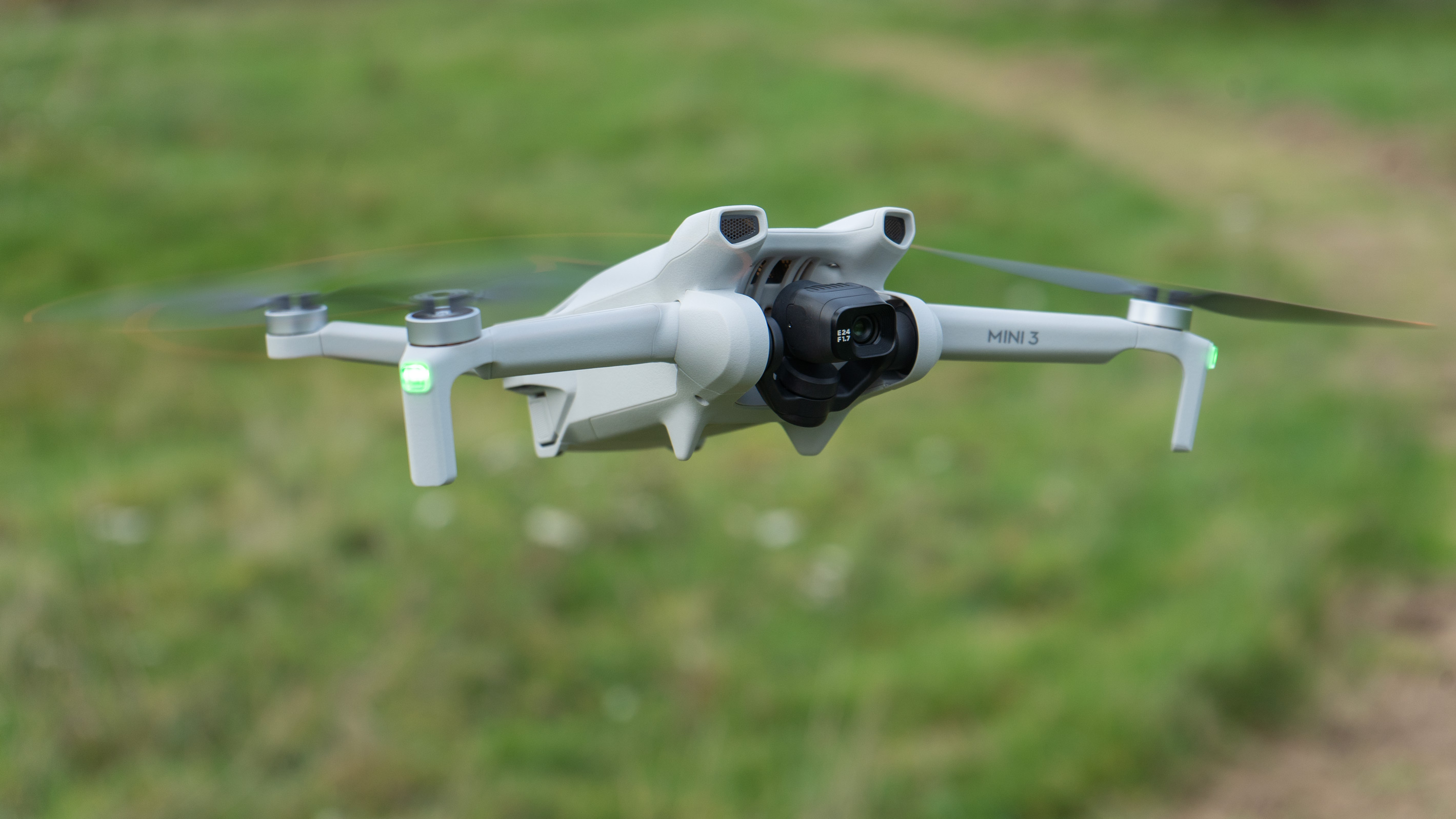The US is once again proposing a DJI drone ban to prevent “cyber espionage" – but this time, there’s something pilots might be able to do about it
The US is asking for input on potential legislation to ban or restrict drones made in China and Russia

Just days after a proposed China-made drone ban was excluded from defense legislation, the US Commerce Department shared that it is working on potential new rules to restrict or ban the foreign-made UAVs over national security concerns.
On Thursday, January 02, the US Commerce Department Bureau of Industry and Security (BIS) posted a notice sharing that new foreign-made drone rules are being considered. The notice asks for public comment to assist “in determining the technologies and market participants that may be appropriate for regulation in order to address undue or unacceptable risks to US national security.”
The move once again casts additional uncertainty over the future of drones from China-based companies, including DJI and Autel, inside the US. The BIS is considering legislation to address national security concerns over UAVs made by foreign adversaries.
The notice mentions Russia as well as China, noting that “both countries have shown a willingness to compromise US infrastructure and security through cyber espionage.” China-made drones currently make up 75 percent of the UAVs sold in the US. The China-based DJI takes up much of that market share.
The department expressed concern over two key risks posed by China-made drones
The BIS mentions two key potential risks that the UAVs could pose. The first is sharing data on US infrastructure with foreign adversaries. The second potential risk is remotely accessing the drones, which could then be used for intentional collisions or to alter data when assessing critical infrastructure.
However, the BIS also notes that drone technology has led to economic growth and improved public safety, citing the impact the technology has made in agriculture, construction, transportation, and energy.
“Over the last decade,” the notice reads, “UAS have evolved to more sophisticated models with improved functionalities, including enhanced connected technologies such as advanced flight controllers, multi-GNSS and GNSS modules, cameras, receivers, and AI software and applications, which have enabled greater autonomy, precision in navigation, enhanced surveillance capabilities, and seamless integration with various applications across industry.
Get the Digital Camera World Newsletter
The best camera deals, reviews, product advice, and unmissable photography news, direct to your inbox!
“These new technologies require signal and communication software to collect vast amounts of data, and in turn may increase attack vectors for malicious actors to exploit.”
The public is asked for input on a list of 50 different drone questions
The notice asks the public to address a number of different questions to aid lawmakers. Among those questions, the notice also asks for input on “mechanisms to mitigate the risks,” suggesting that potential legislation may not be a complete ban but could focus on requiring certain protective design elements.
The 50 questions asked in the notice also ask for input on the economic impact the potential legislation could have. The notice also asks questions on how data is stored, governing the use of AI drone software, and mentions the potential for third-party testing and evaluation. The notice also inquires about potentially creating a process to request authorization to use such UAS devices by demonstrating mitigated risk.
The notice says that the public comments must be submitted on or before March 04. Commentary can be submitted through an online portal or via email, with full instructions available from the full notice.
Outside the potential BIS legislation, DJI as well as Autel also face a potential drone ban in the US if it fails to pass a risk assessment within one year. DJI expressed concern that the National Defense Authorization Act, which President Joe Biden signed into law on December 23, 2024, failed to specify who would take on that risk assessment.
If no agency takes on the work of such an assessment, the act would automatically add the company to an FCC list that would ban its import.
You may also like
Browse our list of the best camera drones or the best non-DJI drones.

With more than a decade of experience reviewing and writing about cameras and technology, Hillary K. Grigonis leads the US coverage for Digital Camera World. Her work has appeared in Business Insider, Digital Trends, Pocket-lint, Rangefinder, The Phoblographer and more.
